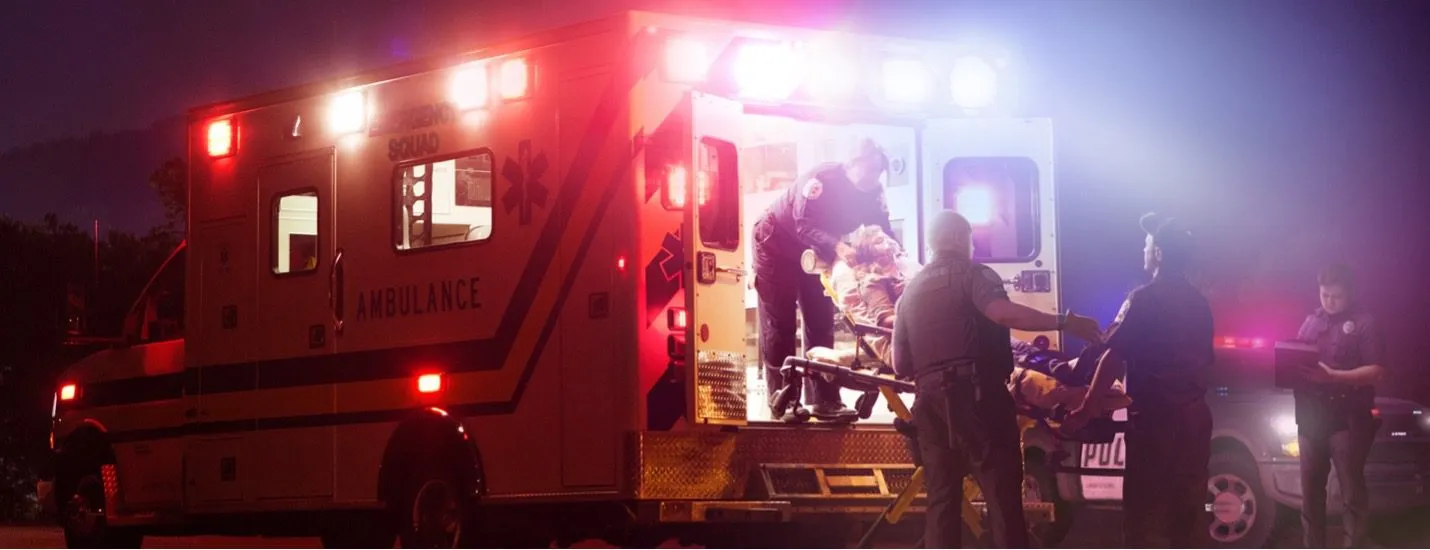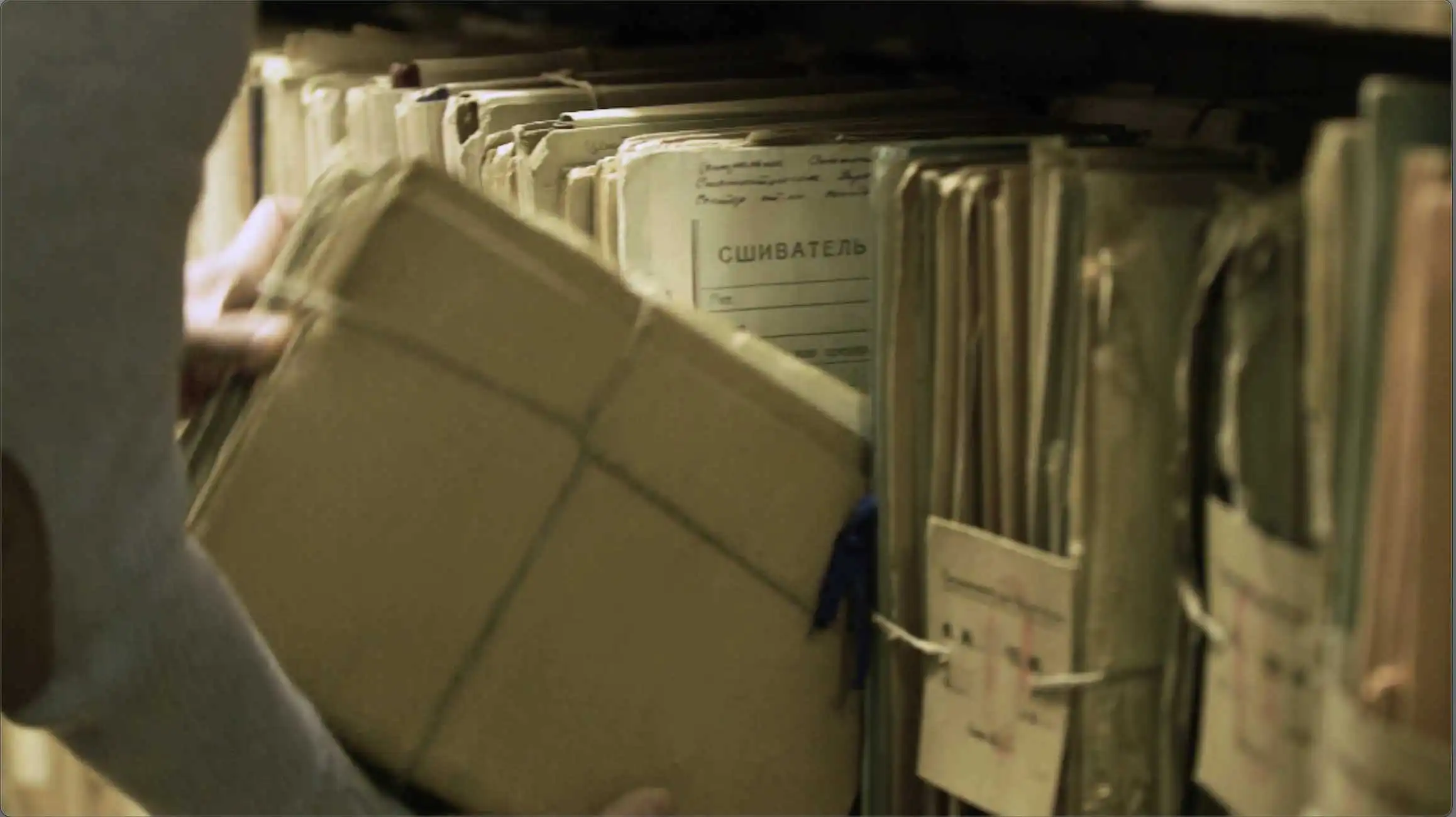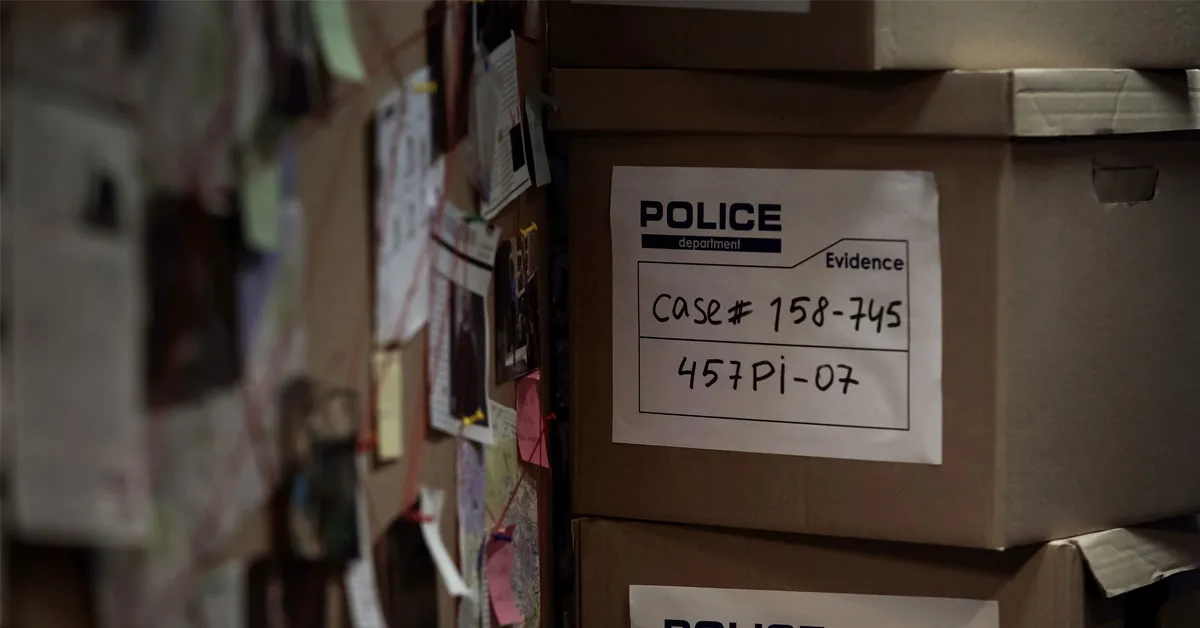
Turn on the news these days and you may have viewed blatant attacks on law enforcement.
Uniformed police officers’ being doused with liquids in NYC.
Angry mobs in Philadelphia throwing bricks and stones at uniformed police officers trying to apprehend an armed, barricaded suspect who shot six police officers.
Antifa members harassing uniformed police officers during a climate change protest in Portland, Oregon.
How did we get to this point in our nation where people believe they can get away with such lawlessness? How did lawlessness become so empowered?
Well, there’s plenty of blame to go around, such as:
- Politicians making inflammatory or untrue comments about high-profile police incidents.
- False media reporting concerning high-profile police incidents.
- Social media spreading false narratives of high-profile police incidents.
- Politicians passing anti-policing legislation.
- Politicians creating anti-enforcement policing policies.
- Politicians and the media embracing and empowering radical groups.
- Police departments creating bad enforcement policies.
- Prosecutors who don’t prosecute these crimes.
Such actions have had a documented, measurable and detrimental impact, including:
- Attacks on police officers.
- Low officer morale.
- Less enforcement of crimes.
- Less arrests.
- Less prosecutions.
- Damaged police/community relationships.
- A lower quality of life in our communities.
In fact, there is even a name associated with this, “The Ferguson Effect.” This is based on the officer-involved shooting death of Michael Brown, in Ferguson, Missouri in 2014.
There have been numerous studies on whether there truly is a “Ferguson Effect” and if so, what those effects actually are.
One such study is Through Police Eyes—the Ferguson Effect Scare by Ronald T. Hosko. Published in 2018 in the Berkeley Journal of Criminal Law, Vol. 23:1, this study is a good read on the topic. As the title states, it is from the perspective of the police and gives a good historical account of the controversies that brought us to this point.
Another must-read on the topic is the comprehensive Behind the Badge by Rich Morin, Kim Parker, Renee Stepler, and Andrew Mercer. (Published by Pew Research Center in 2017.)
In this study, the authors polled 8,000 police officers from numerous departments around the nation. Here are just a few of the many findings:
- 86% said that fatal encounters between African Americans and police have made policing harder
- 93% said they’re more concerned about their safety
- 76% said they’re more reluctant to use force when it is appropriate
- 75% said interactions between police and African Americans have become tenser
- 72% said they have become more reluctant to stop and question people who seem suspicious
This study provides great information on police/community relations, how the police view things compared to how the public views them, critical incident impacts, and changing narratives. Specifically, it documents changes to policing through training, policies, and technology and how they work to improve police/community relations.
In response to these high-profile incidents, law enforcement has enacted changes that have already yielded some positive results for police/community relations.
But if there have already been positive changes, why are these recent anti-police actions in NYC, Philly, and Portland occurring?
Well, according to police unions and the FOP (Fraternal Order of Police), it’s anti-police politicians who are making anti-police speeches, passing new policies, procedures, and laws, and curtailing the police from enforcing quality-of-life laws they don’t agree with.
And police unions and the FOP are also blaming prosecutors for not prosecuting these attacks on the police to the full extent of the law.
The unions believe the politicians and prosecutors are sending the wrong message to the public. That their actions are actually empowering the public to think it’s okay to engage in anti-police behavior because they perceive that there will be no criminal ramifications for their actions.
In fact, the unions point to the recent actions of some politicians to stop a bill that would make the water attacks we saw in New York a felony.
All that said, I believe this lawlessness has to stop and that it has to stop now.
Politicians, the media, the public, the prosecutors, and the police need to understand that words and actions matter.
For politicians, the media, and the public to broadcast false narratives of high-profile critical police incidents is to pour gas on a fire. And those who are caught doing this need to be held accountable. Especially if what you say and do incite the community to riot, loot, vandalize, and engage in violence.
As for the police, we need to get the truth and facts of these critical incidents out to the public as fast as we can. This will preemptively ensure that no false narratives can take hold of the public and the affected community.
Right or wrong, get the information out. And if proven wrong, explain what corrective actions are going to be taken to show the public you are taking these issues seriously and are not hiding anything.
As for the prosecutors, apply the law equally and fairly. But your actions must let the public know that attacks on our police will not be tolerated and those who commit these attacks will be prosecuted to the letter of the law.
The politicians, the prosecutors, the media, and the public need to come together and support the police. We all need to work together to tell our communities these attacks against our police will not be tolerated.




